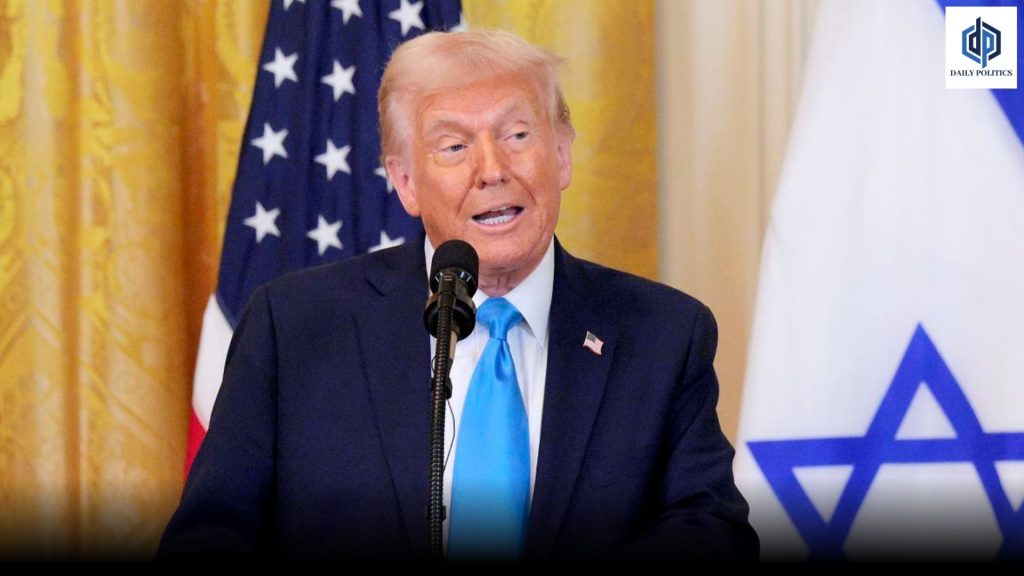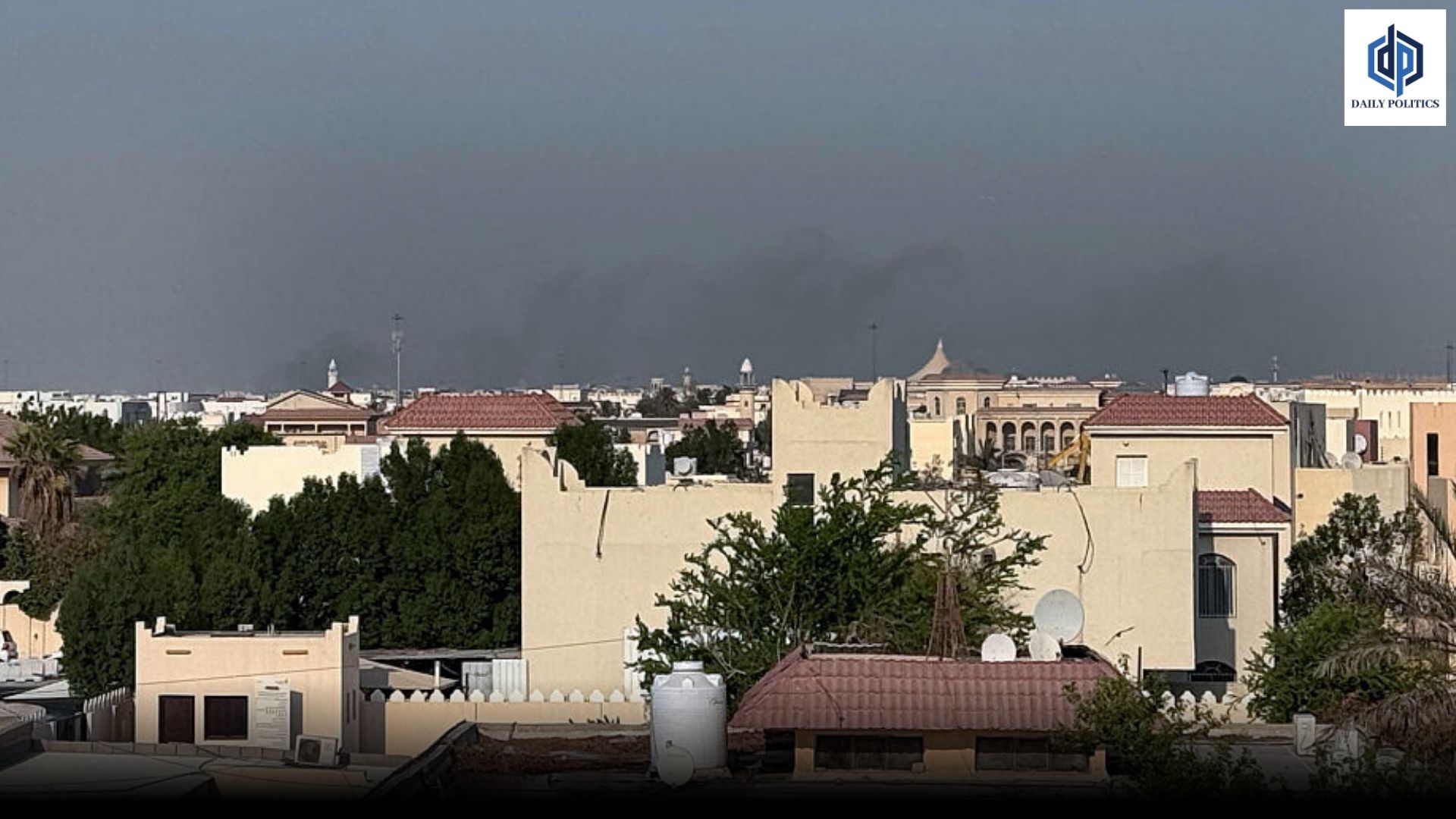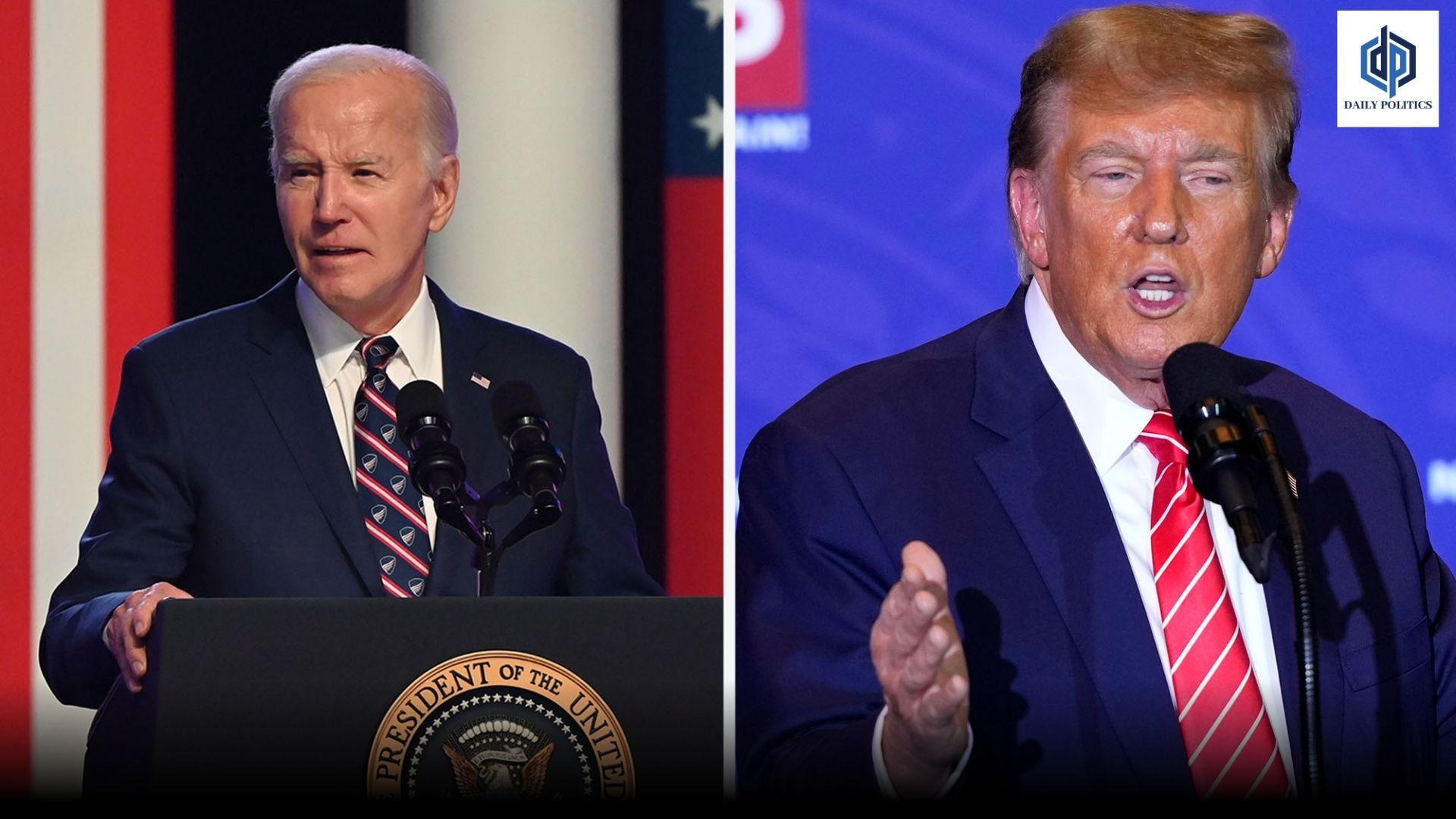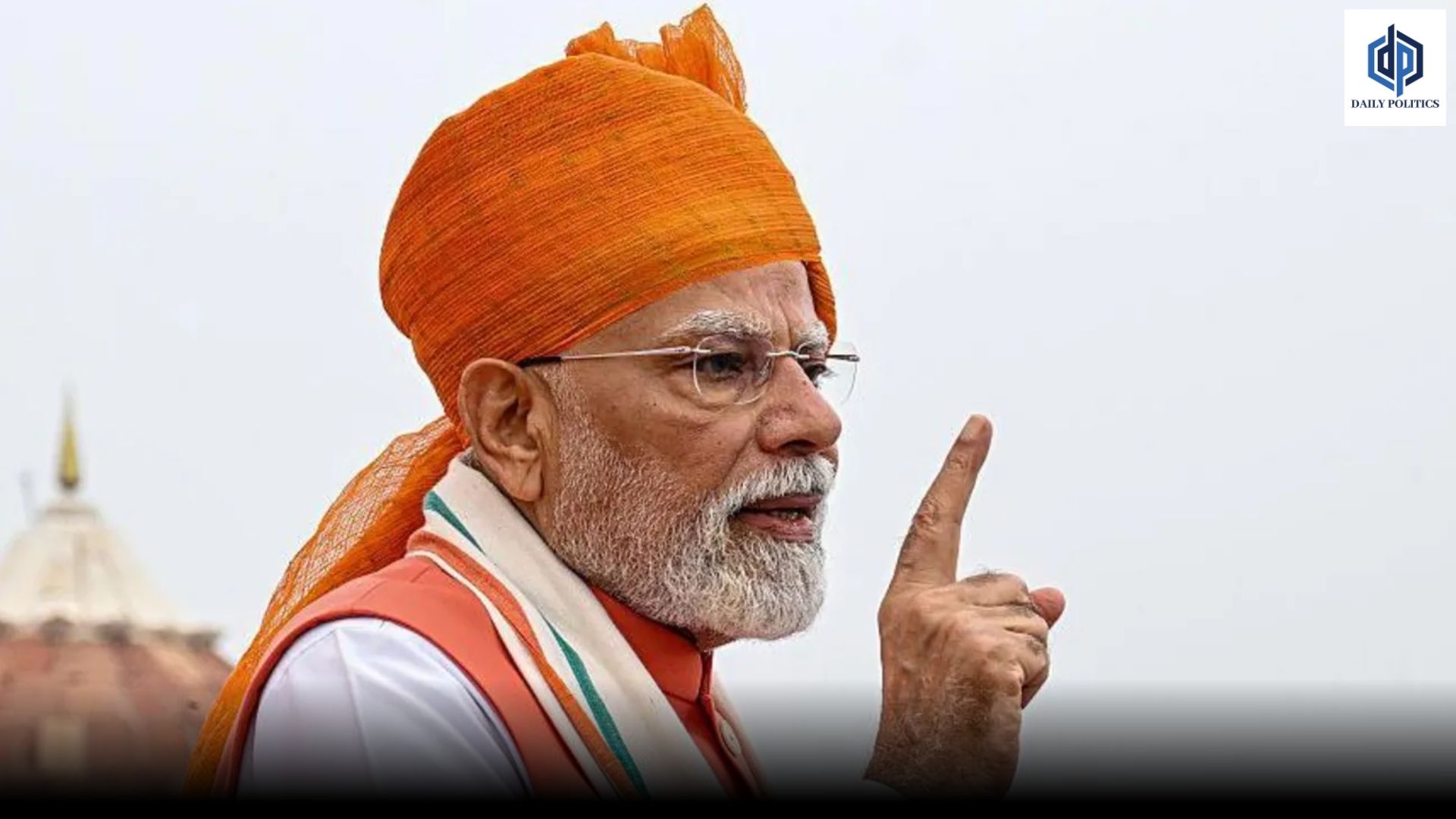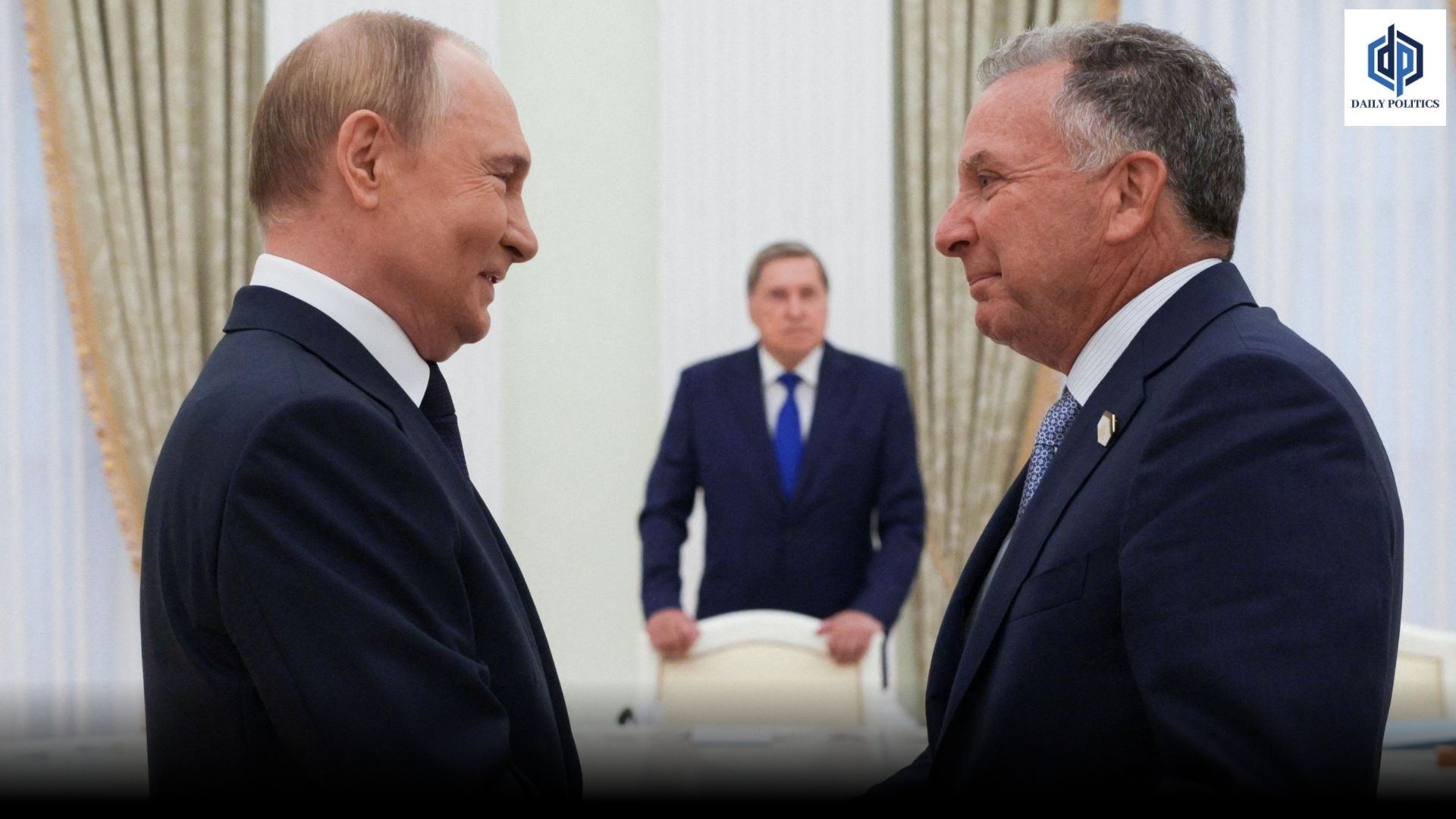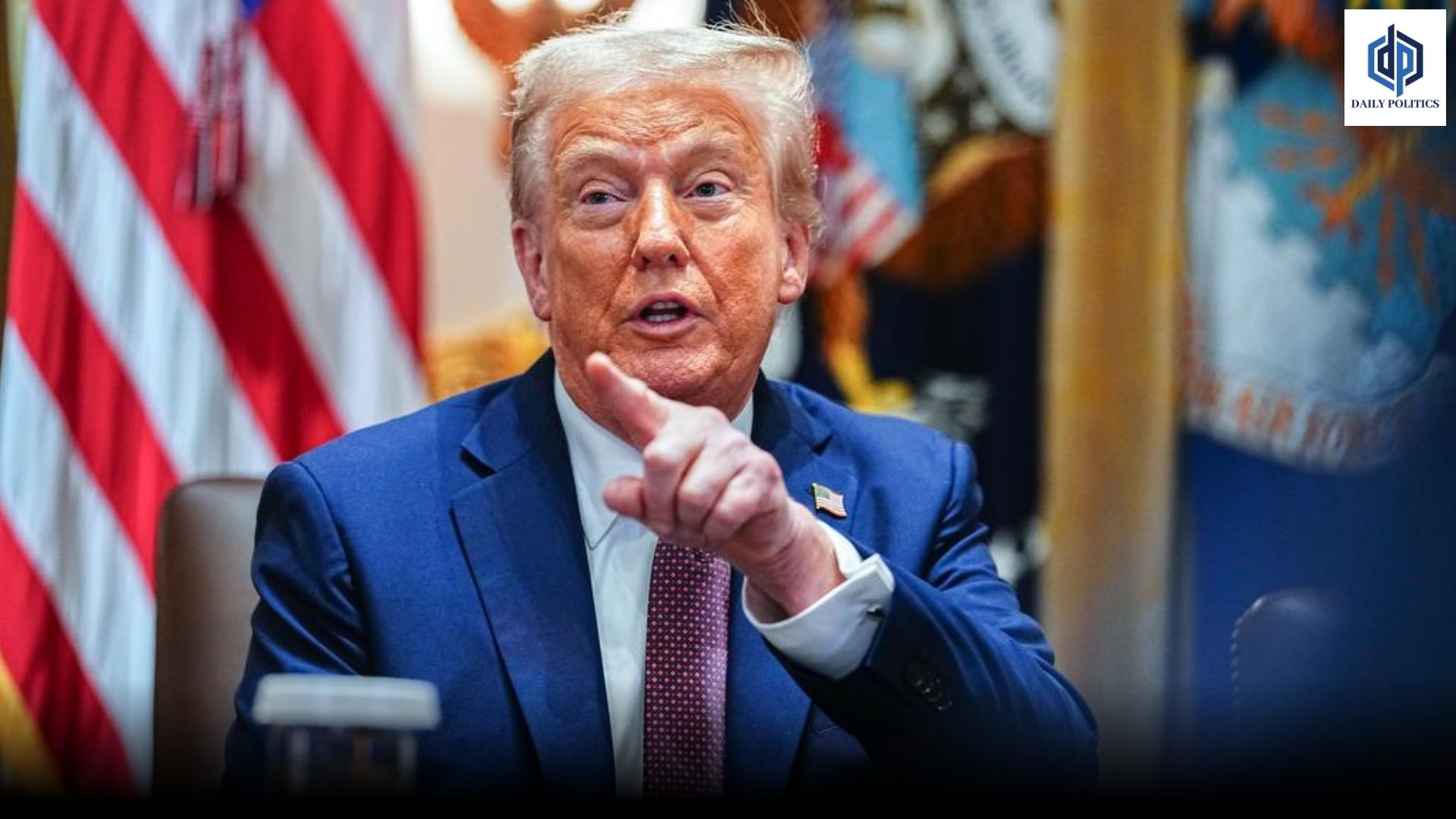Analysts informed Al Jazeera that the ceasefire plan put out by US President Donald Trump, which Israeli Prime Minister Benjamin Netanyahu has already approved, may significantly disappoint Palestinian expectations.
Although the populace in Gaza would appreciate a cessation of the continuous Israeli shelling, which has resulted in a minimum of 66,055 fatalities and 168,346 injuries since October 2023, experts consulted by Al Jazeera contend that Trump’s 20-point proposal offers few provisions for Palestinians.
Diana Buttu, a Palestinian lawyer and analyst who served as a legal adviser to the Palestinian negotiating team from 2000 to 2005, stated to Al Jazeera that the cessation of genocide is intrinsically linked to a colonial paradigm wherein Israel, the perpetrator of the genocide, and the United States, its financial supporter, are the entities determining the future of the victims of their actions.
“The agreement contains no guarantees for the Palestinians, not a single one,” she stated.
“All assurances are extended to the Israelis.”
Concentrate on Gaza, while ambiguity persists.
The proposal stipulates that hostilities in Gaza would cease, and Israeli prisoners in Gaza—both alive and deceased—will be repatriated in exchange for many Palestinians incarcerated in Israeli jails, as well as the bodies of those who have perished in custody.
Hamas would then be obligated to cede governance of Gaza to a “Board of Peace,” an international transitional body presided over by Trump and comprising individuals such as former UK Prime Minister Tony Blair. Hamas members who consent to disarm and commit to “peaceful coexistence” would get amnesty, whilst those who decline will be provided with safe transit to other nations.
Humanitarian relief deliveries will recommence, Israeli soldiers will depart upon the fulfilment of specific criteria, and an economic development strategy will be formulated by professionals formerly engaged in constructing “modern miracle cities” in the region. Analysts indicated to Al Jazeera that the proposal lacks clarity about the entity responsible for ensuring Israel’s exit.
Trump cautioned that should his proposal be declined, Israel would get US support to undertake any actions it considered essential in Gaza. Human rights organisations and experts have characterised Israel’s operations in Gaza as genocide.
Muhannad Seloom, an assistant professor at the Doha Institute for Graduate Studies, said to Al Jazeera that the proposal left several concerns unaddressed. The Palestinian Authority (PA) is referenced; however, it holds no current function until it finalises an undisclosed reform program. Although Trump alluded to previous suggestions, such as his 2020 plan and a Saudi-French partnership, the specific improvements he intended remain ambiguous.
The PA has previously faced pressure to address corruption, improve governance, rewrite the education curriculum, and amend welfare policies for families of Palestinian detainees. The prisoner payments mechanism has been amended; yet, the US continues to criticise the PA.
Seloom indicated that the absence of definitive criteria might facilitate the perpetual postponement of the PA’s capacity to govern Gaza. He remarked, “It appears to be a hastily constructed agreement that will be refined over time.”
Analysts informed Al Jazeera that a significant deficiency in the plan is its failure to address the contentious Gaza Humanitarian Foundation (GHF), despite aid being allocated through the UN and the International Red Cross. The GHF has been associated with over 1,000 Palestinian fatalities due to delays in aid delivery.
Statehood in doubt
On September 21, Canada, Australia, and the United Kingdom acknowledged the state of Palestine, shortly thereafter joined by France and Portugal. Leaders articulated their endorsement of a two-state solution, which the UN General Assembly also ratified in a resolution earlier in September.
However, analysts emphasised that such recognitions hold no significance in practice, since the construction of Israeli settlements and the fragmentation of Palestinian land persist. Buttu stated, “This is the pivotal question.” “The issue lies in the recognition of the state of Palestine as it faces erasure.”
The Trump proposal succinctly mentions a “credible pathway to Palestinian self-determination and statehood,” contingent upon the PA’s fulfilment of an ambiguous reform agenda.
Simultaneously, Netanyahu has consistently articulated his opposition to the establishment of a Palestinian state. Prior to the UNGA vote endorsing a two-state solution, he unveiled a new settlement initiative that would traverse the occupied West Bank, asserting to his followers, “There will be no Palestinian state.”
This emphasises the plan’s dependence on Netanyahu’s benevolence and US assurances of Israel’s compliance—two elements that have historically been scarce.
“The agreement is feasible in theory,” stated Seloom. “However, based on experience, numerous details remain ambiguous.”
Negotiating the conclusion of their own genocide
Analysts noted that Palestinians had already encountered this situation. The Oslo Accords of the 1990s aimed to facilitate Palestinian statehood; nevertheless, decades later, no progress has been made, and Israel has reinforced its control over Palestinian territory.
Buttu, a legal counsel during the negotiations, stated, “This is worse than Oslo.” In Oslo, a Palestinian voice was present. This constitutes the suppression of all Palestinian voices, reverting to a time when others articulate our perspectives.
Trump has engaged in discussions with Arab and Islamic leaders over the idea; however, no Palestinian officials were sent invitations. Nonetheless, the United States has assigned the onus to the Palestinians to halt Israel’s military actions in Gaza. If Hamas declines the agreement, which provides few safeguards for the Palestinian populace, Israel’s military operations would persist and may escalate.
“A significant issue is that this genocide has persisted for two years, and … Buttu said to Al Jazeera that Palestinians are compelled to negotiate the cessation of their own slaughter.

